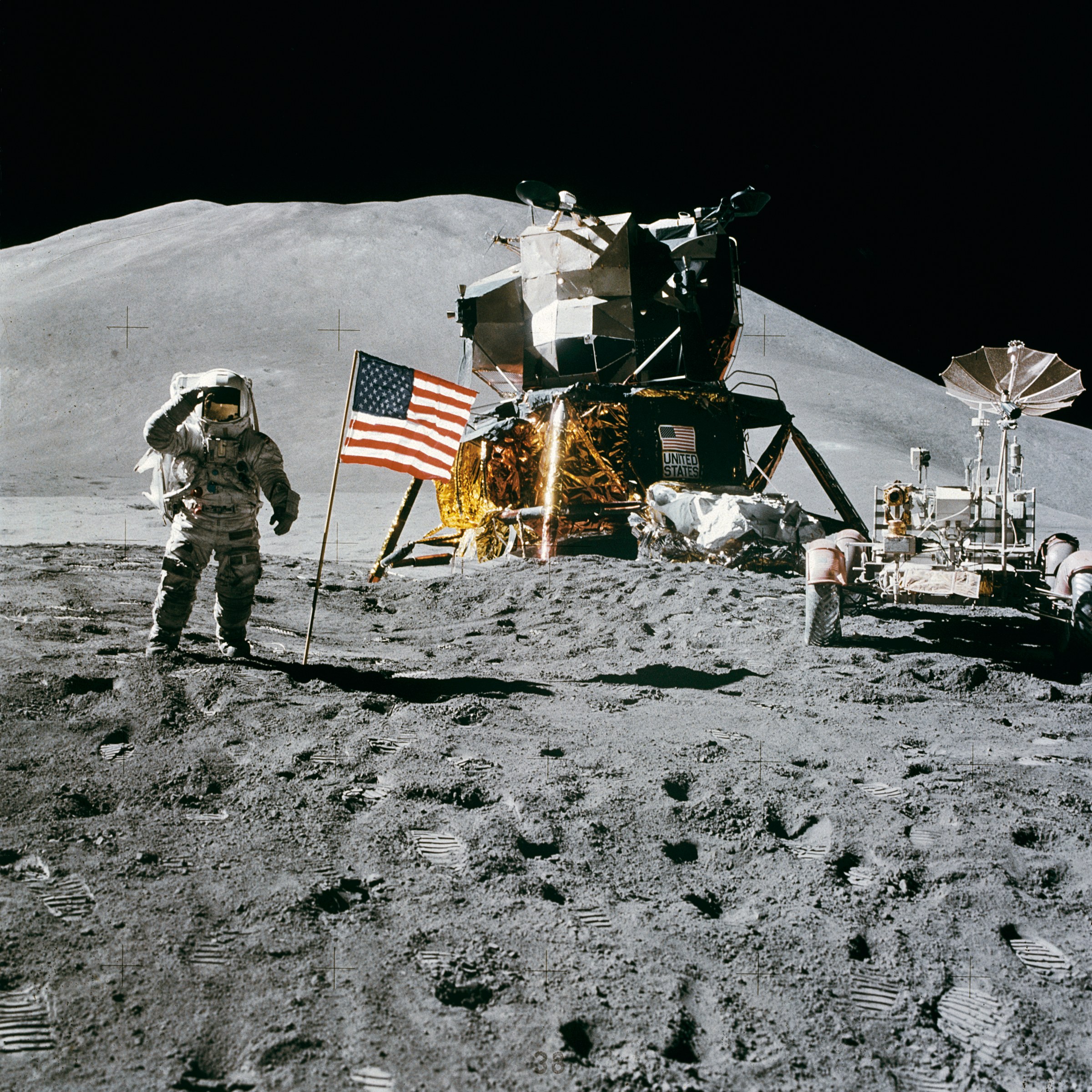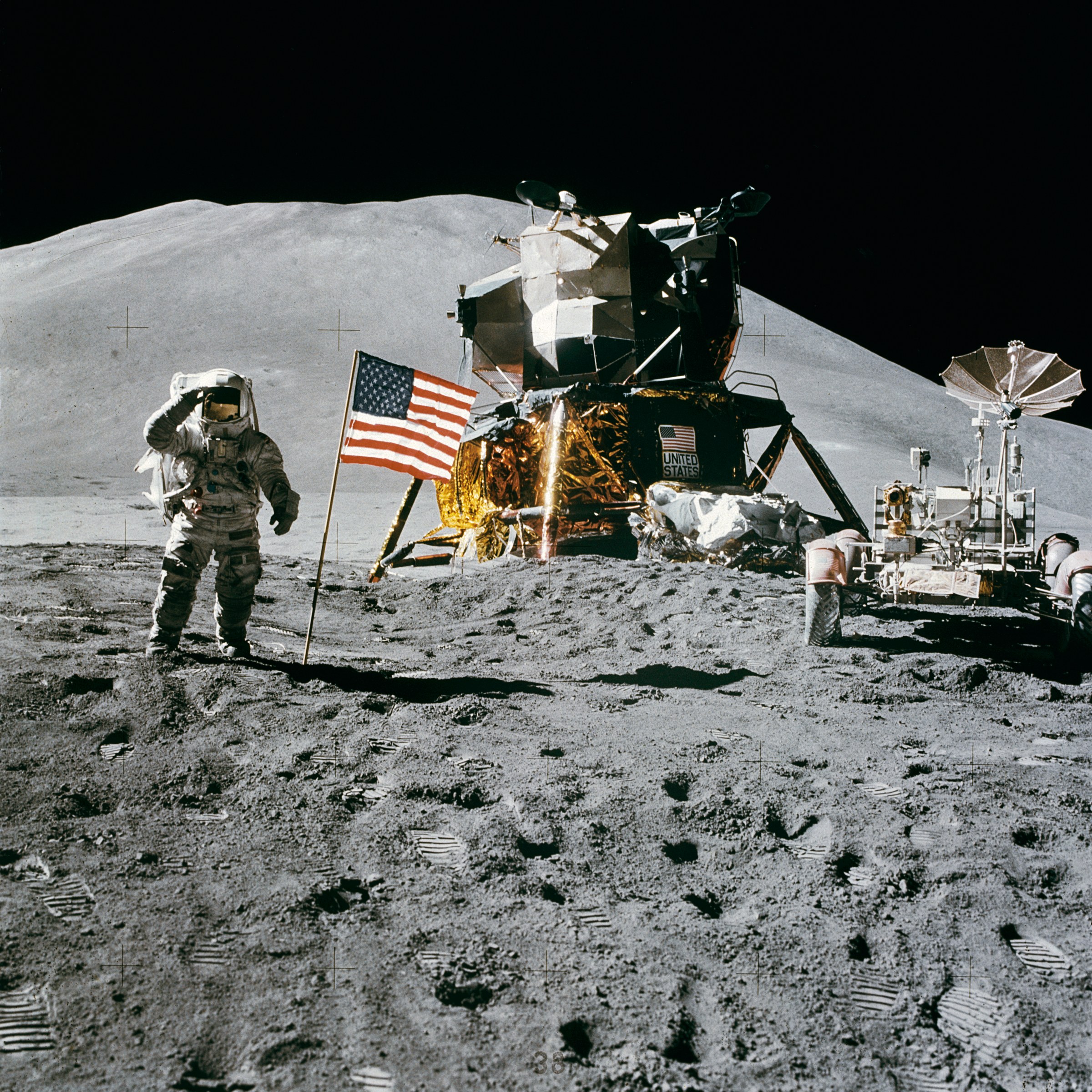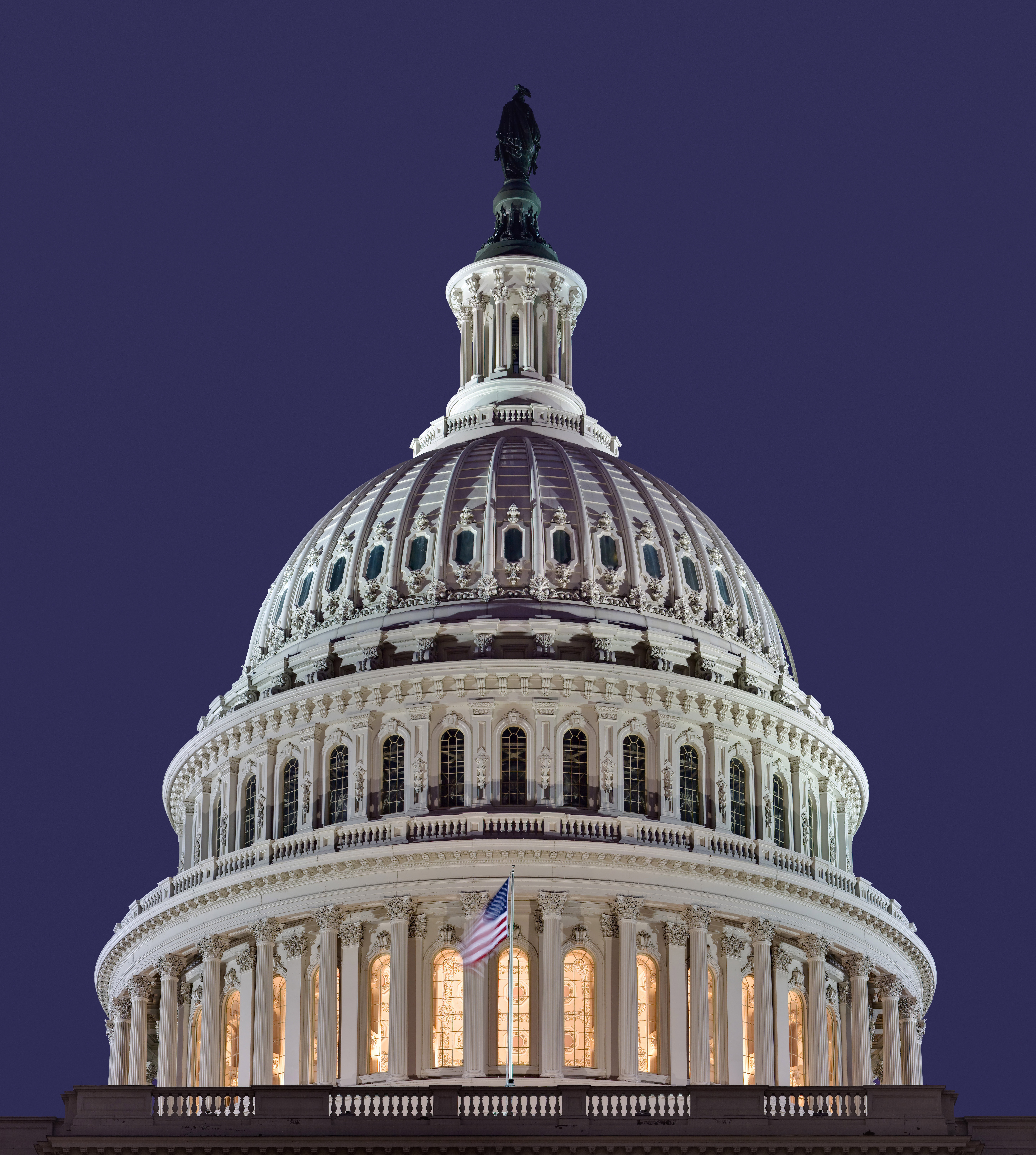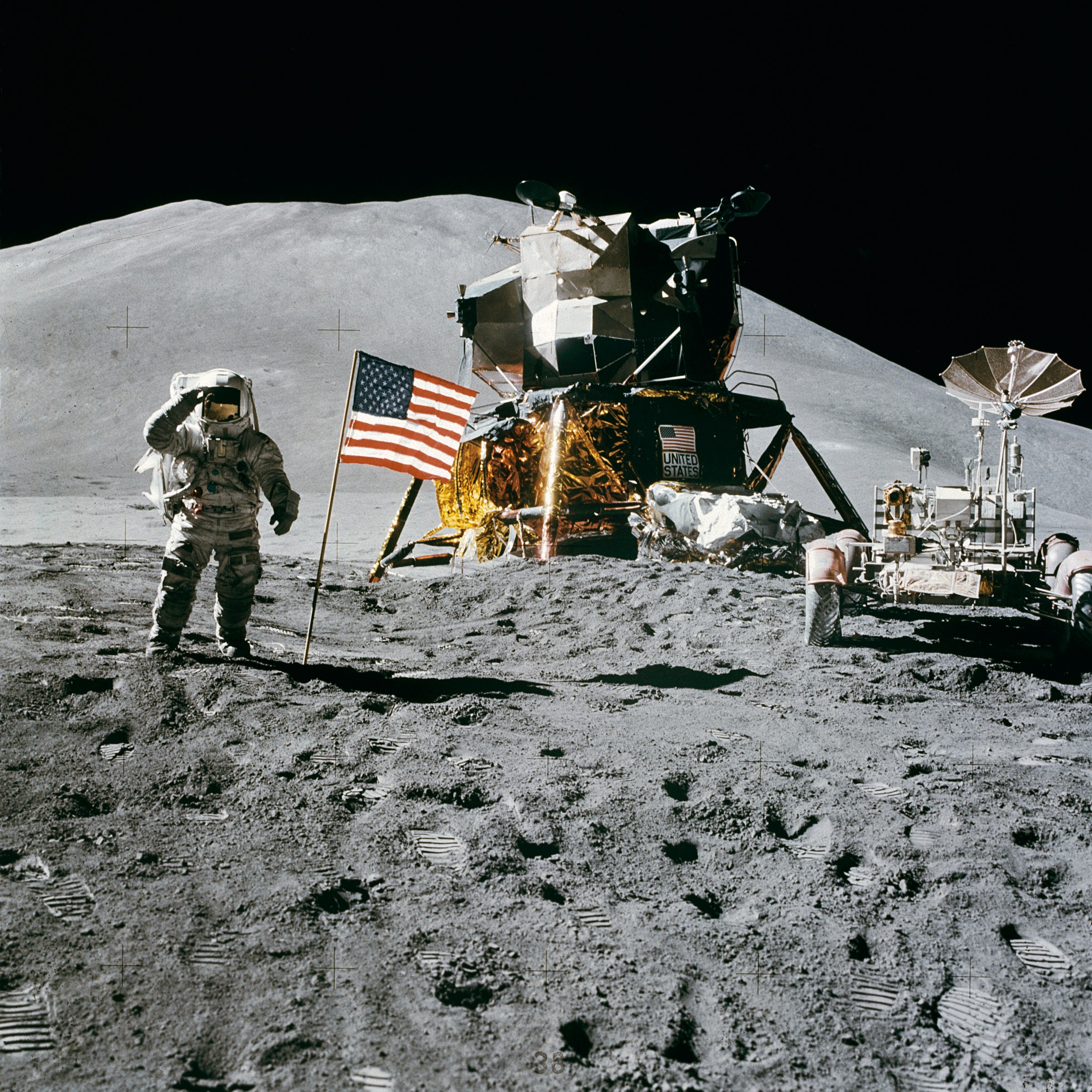While Washington’s globalist establishment spent decades shipping American manufacturing to Beijing, a quiet revolution is brewing in the solar energy sector that could deliver another crushing blow to China’s economic warfare strategy.
T1 Energy CEO Daniel Barcelo’s recent testimony before Congress revealed what patriots have long suspected: America possesses every natural advantage needed to dominate solar manufacturing, but we’ve been fighting with one hand tied behind our back by politicians who confused “free trade” with economic surrender.
“We can be competitive on costs and pricing,” Barcelo declared, outlining how American ingenuity and abundant resources can shatter China’s artificial monopoly on solar panel production. His confidence isn’t misplaced—it’s rooted in the same fundamental strengths that transformed America from an oil importer into the world’s largest producer at 14 million barrels daily, leaving OPEC scrambling for relevance.
The Chinese Communist Party’s solar dominance relies entirely on a house of cards: massive government subsidies that artificially suppress polysilicon prices while their state-controlled manufacturers flood global markets below cost. This textbook economic warfare strategy worked brilliantly against previous administrations that mistook Beijing’s predatory pricing for genuine competitiveness.
But Barcelo’s analysis exposes the fatal flaw in China’s approach. America dominates every critical input for high-value solar manufacturing: power generation, natural gas, water resources, and specialty gases. We control the silicon-to-solar-cell conversion process—the most sophisticated and profitable segment of the entire supply chain. Beijing may have cornered the low-margin, commodity polysilicon market through government manipulation, but they’re vulnerable in precisely the areas where American technological superiority shines brightest.
The parallels to our energy revolution are striking. A decade ago, experts insisted America would remain forever dependent on Middle Eastern oil. Today, we’re not just energy independent—we’re the global energy superpower, exporting our abundance to allies while watching former OPEC kingpins beg for market share.
Solar manufacturing represents the same opportunity, requiring the same solution: strategic trade policy that restores fair competition. Barcelo’s endorsement of Section 232 tariffs on Chinese polysilicon signals growing industry recognition that constitutional commerce powers exist precisely for moments like this. The Founders understood that economic sovereignty and political independence are inseparable—a lesson temporarily forgotten by globalist ideologues but never abandoned by American entrepreneurs.
This isn’t protectionism; it’s market correction. When foreign governments subsidize their industries to undercut American competitors, tariffs simply restore the level playing field that genuine free markets require. Beijing’s solar strategy mirrors their playbook in steel, aluminum, and countless other sectors: flood markets with subsidized products, destroy American competitors, then exploit the resulting dependency.
The constitutional framework supports exactly this type of strategic response. Congress’s power to regulate foreign commerce was designed to protect American economic interests from exactly the kind of state-directed economic warfare that China practices. Previous administrations may have been too ideologically blinded to use these tools effectively, but the legal and constitutional foundation remains rock-solid.
American solar manufacturing success would deliver devastating strategic consequences for Beijing’s broader economic model. China’s leadership understands that their artificial advantages in “green technology” represent one of their few remaining tools for maintaining global economic relevance as their demographic crisis deepens and their debt bubble expands.
Patriots should watch closely as this solar revolution unfolds. The same entrepreneurial spirit and resource abundance that made America the world’s energy superpower are perfectly positioned to dominate clean energy manufacturing. We possess superior technology, abundant raw materials, reliable infrastructure, and the world’s most innovative workforce.
The question isn’t whether America can reclaim solar manufacturing leadership—it’s whether Washington will finally implement the strategic trade policies necessary to unleash our natural advantages. If recent history is any guide, American ingenuity plus sensible policy equals another chapter in our ongoing economic renaissance.
China’s solar stranglehold is about to meet the same fate as OPEC’s oil monopoly: complete and permanent defeat by American excellence.





